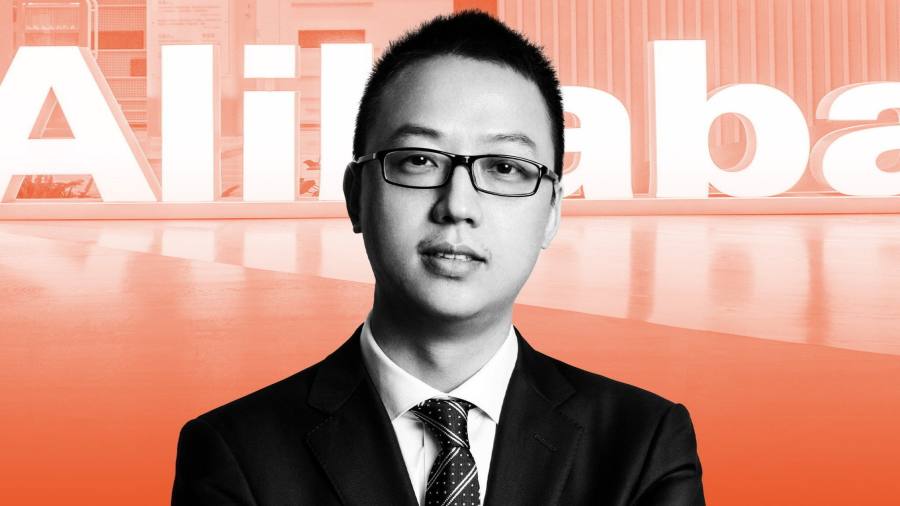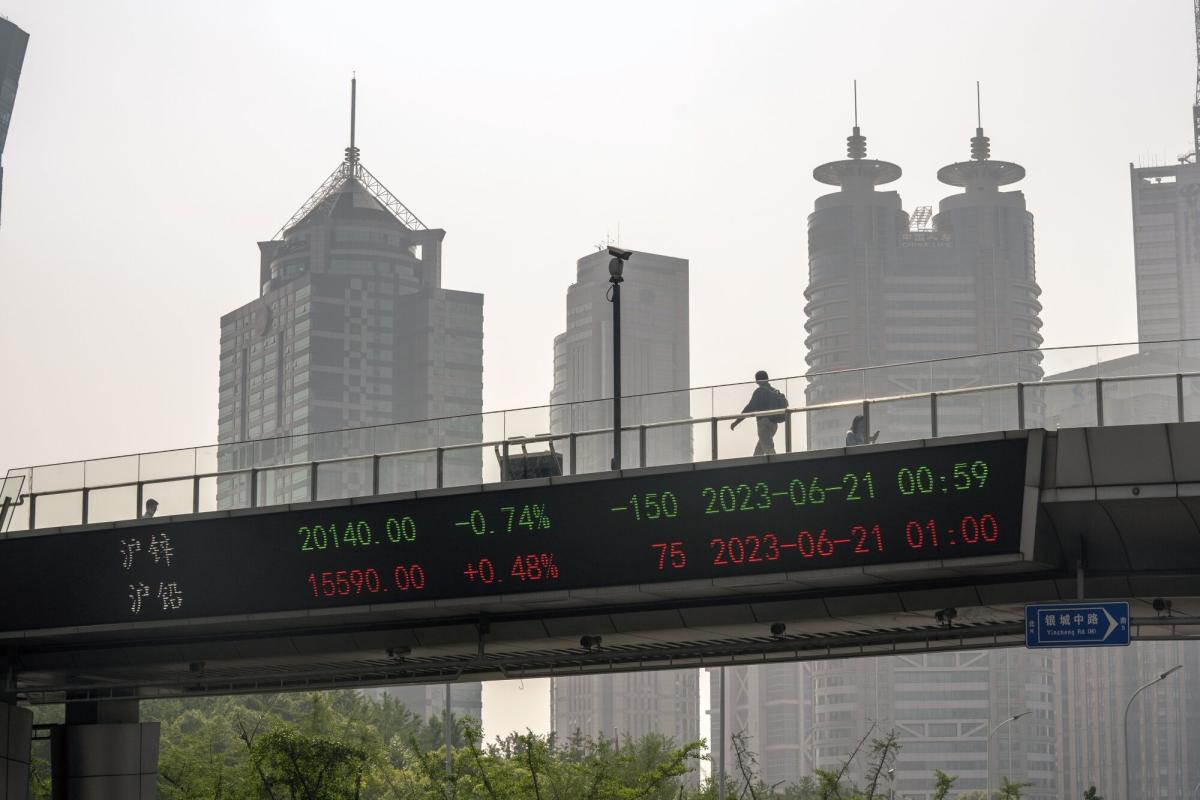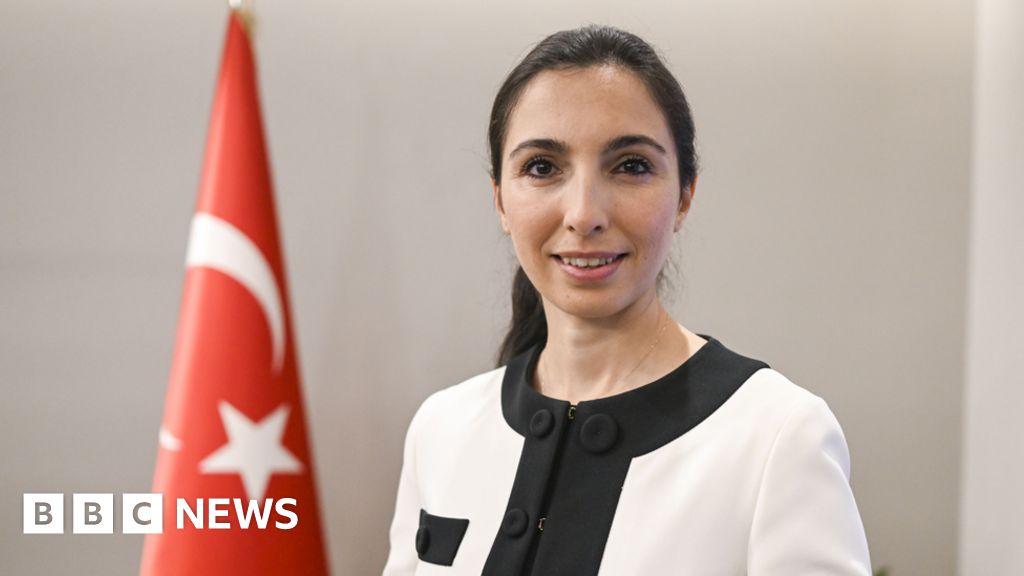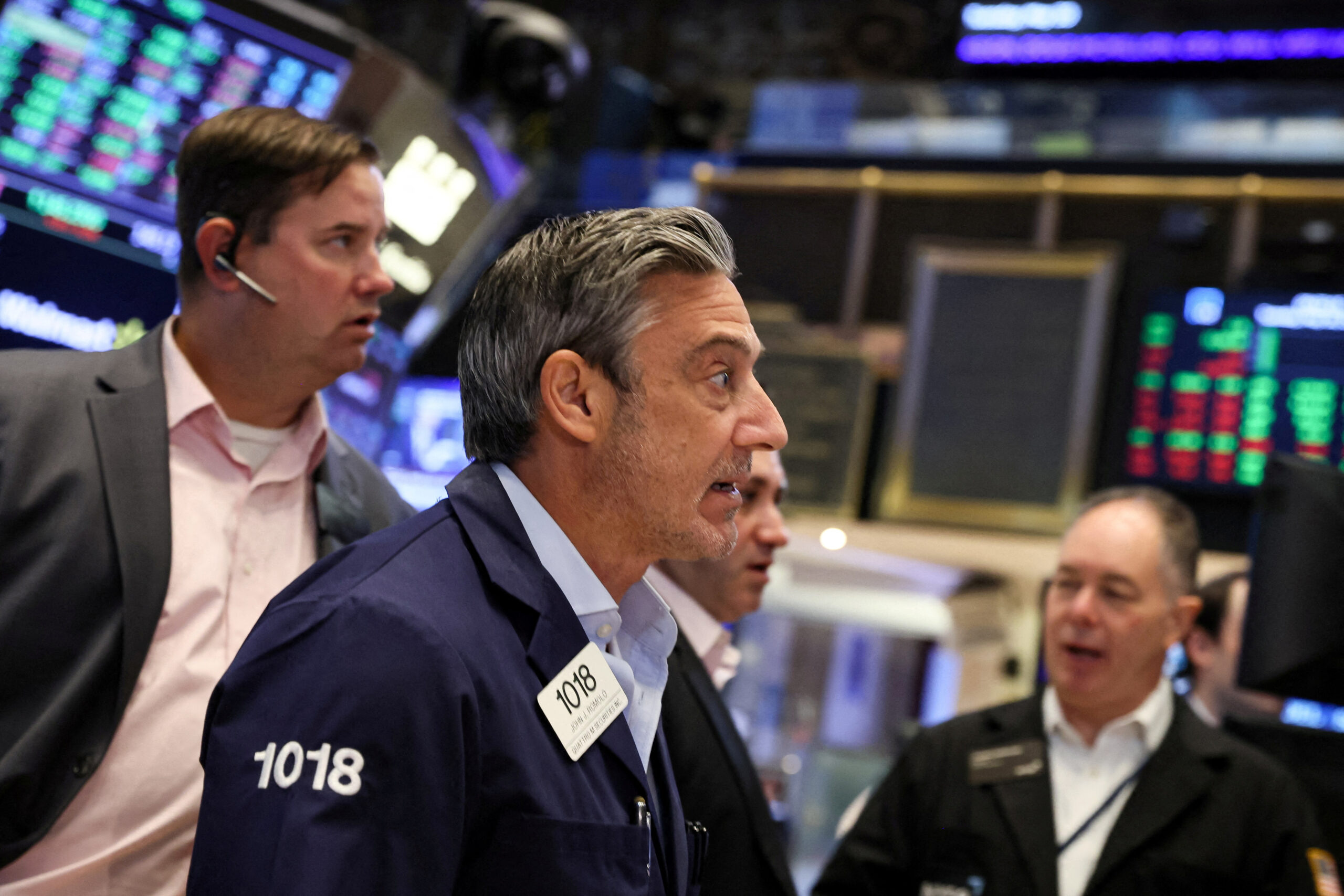Eddie Wu prepares to run the Alibaba empire he built with mentor Jack Ma.

Get Free Eddie Wu Updates
we are to you myFT Daily Digest Latest email rounding eddy woo News every morning.
When Alibaba co-founder Eddy Wu Yongming went on his own eight years ago, he didn’t stray too far from his mentor Ma.
For the investment fund he set up, he chose an office in the central Hangzhou Wetlands with several ponds where Ma held court and practiced tai chi. Wu also remained a special assistant to Ma and a member of the Alibaba partnership, which serves as the de facto board of directors of the group.
“Jack and Eddie have a close and trusting relationship.” A former Alibaba executive said.
Nearly 20 years after founding Alibaba with Ma and 16 others, the 48-year-old Wu is set to preside over the dismantling of the tech empire they built. Wu takes over as chief executive in the fall, and the group’s vice-president, Joe Tsai, rises to chairman.
Alibaba is betting that slimming down and returning to its e-commerce roots will help it regain market share it has surrendered to fledgling online platforms like Pinduoduo and ByteDance’s Douyin. While e-commerce platforms Taobao and Tmall are set to remain the group’s main wholly-owned businesses, it is spinning off other major lines of business, from food delivery to supermarkets.
“Eddie and Ms. Ma really have a symbiotic relationship,” said a longtime Alibaba employee. “Eddie admires Mr. Ma’s ideas and philosophy and will excel in executing his vision,” he said.
According to group officials, Jack Ma will remain without an official position at Alibaba, but plans to become more involved. On Tuesday, pictures of Jack Ma drinking farewell coffee with outgoing CEO Daniel Zhang at Alibaba headquarters flooded the Chinese Internet.
Ma faces the delicate task of designing Alibaba’s turnaround without raising alarm bells in Beijing. Senior Communist Party officials may worry about his attempts to revive the political clout that precipitated his downfall after crusading speeches in Shanghai more than two years ago.
“Considering the 2020 speech, it’s telling of Jack’s situation that he may not be fully reinstated,” said author Duncan Clarke. Alibaba: The House Ma Built. “Having a proxy makes sense,” he said.
The former Alibaba executive said Ma had no interest in returning to day-to-day work. “Jack is playing the architect. What he knows best is people and how to connect them,” he said. “Jack is trying to bring Alibaba back to its roots. As it grew in scale, the culture was diluted.”
After graduating from college in 1996, Wu joined Ma’s startup, China Pages, as one of the first developers. “My mom told me about the business and the vision. I found him to be witty and inspiring.
Soon China Pages spun off and Ma took some of the team to Beijing to run a website for the Chinese Ministry of Trade. In an interview with the Financial Times, China Pages co-founder He Yibing recalled:
“At one time we imported some computer workstations and servers, and all the manuals were in English. My English was not very good, but to assemble the machine, I checked the words in the dictionary and read the manuals. I jumped in.”
After Ma left Beijing, Wu was one of 18 co-founders who stacked up in his Hangzhou apartment to create his next venture, Alibaba, in 1999. “He was a talented young man who believed in Jack and Jack believed in him,” he said.
A few years later, Ma put him in charge of building Alimama, an advertising engine that would make money for the company’s e-commerce business. Several employees have said that internally she earned the nickname Mama Wu during her time working there.
“Part of the Alimama moniker comes from setting up Alimama, but also because Mama Wu was always looking out for us and fixing bugs or tweaking new architectures,” said a former Alimama team member. “He always finds a way to solve a problem.”
“As a co-founder close to Ma, he was always able to get us the resources we needed,” he added.
Wu then created the Taobao shopping app, which quickly developed into an important part of Chinese consumers’ daily shopping habits. After Alibaba’s New York listing, he became Ma’s special assistant. For a period of time, he followed Jack Ma everywhere, people close to the two said.
In 2015, Wu stepped down from Alibaba to lead the healthcare sector, launching Vision Plus Capital, a venture capital firm set up next to Jack Ma’s personal office in Wetland. The group has helped several Alibaba employees venture out on their own, such as Qiang Hui of Come-Future, a digital healthcare company, and Jerry Wang of Tuya. According to filings with the US Securities and Exchange Commission, it currently has more than $1 billion in assets under management.
Several Alibaba employees have suggested that Wu’s investment experience will benefit the group as it transforms into a holding company that manages the revenues from the spin-offs of Taobao and Tmall.
Wu’s first mission is to reverse the platform’s decline. Ma is pushing the group to refocus on small and medium-sized Taobao sellers instead of the big brands dominating Tmall. Last month he told his staff that Alimama, an advertising platform created by Wu, was key to the group’s future.
“The company kept changing its strategy without real results,” said one Alibaba manager. “The main problem lies in management. There hasn’t been a really good leader since Jack Ma,” the man said.
Additional reporting by Nian Liu from Beijing
#Eddie #prepares #run #Alibaba #empire #built #mentor #Jack




